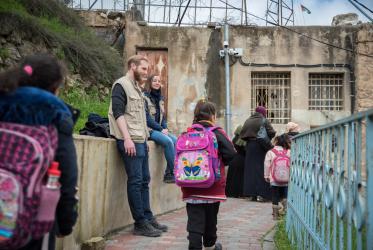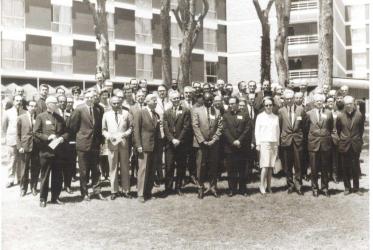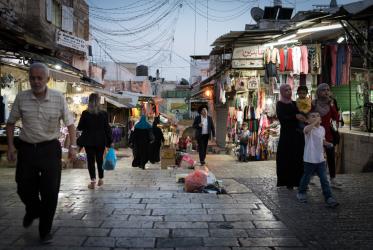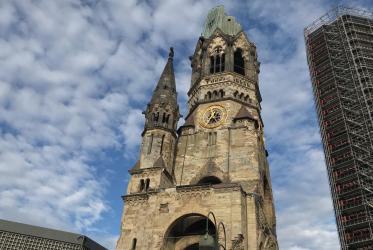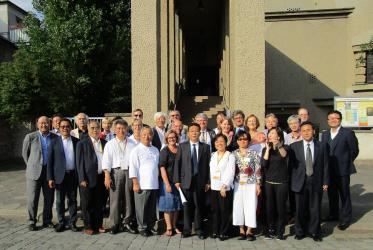Displaying 1 - 20 of 55
“They want to live without fear and constant harassment”
25 October 2023
Webinar remembers past massacres in Europe
16 December 2021
Webinar will remember past massacres in Europe
02 December 2021
Jerusalem - Walking in the Footsteps of Jesus
30 March 2021
Fr Alexi - a peacemaker in Syria
21 December 2018
Ecumenical accompaniers share observations with EU
11 February 2018


